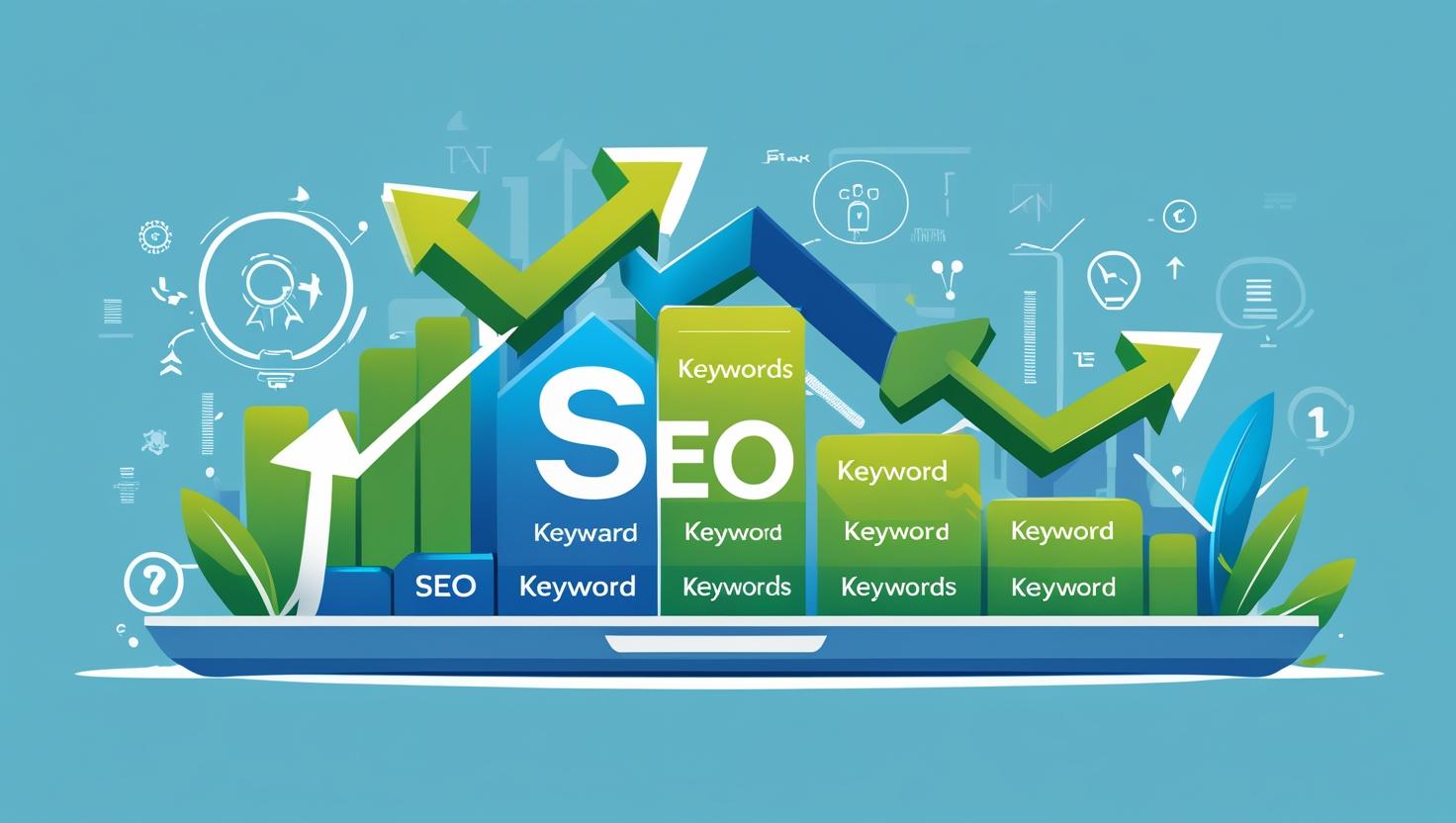What is SEO Ranking ?
Published on September 3, 2025

The position of a website on search engine results pages (SERPs) for particular search queries is known as SEO ranking (Search Engine Optimization ranking). Increased user visibility, more organic (unpaid) traffic, and online trust are all benefits of higher rankings for organizations.
How Is SEO Operational?
In order for search engines like Google to better comprehend your website, index it effectively, and show it higher in search results for pertinent queries, SEO is the process of optimizing your website's content, structure, and technical signals. Among the fundamental technical steps are:
- 1. Crawling: Search engine bots, sometimes known as "spiders," look for fresh or updated content on your website.
2. Indexing: The database of a search engine contains the pages that have been found.
3. Ranking: Quality, relevancy, and user experience signals are used to determine the order and display of pages.
Important Elements That Impact SEO Ranking
There are many factors that affect where your website shows up in search results, but some of the more important ones are:
Material Quality & Relevance: It's critical to have valuable, well-written material that supports search intent. Instead of only adding target keywords, modern SEO focuses on meeting the demands of the user.
Keywords: Naturally include pertinent keywords into meta descriptions, titles, and content. Steer clear of keyword stuffing or overuse, as this might lower ranks.
Backlinks: Getting links from respectable, authoritative websites gives your material a "vote of confidence."
Technical SEO: Secure (HTTPS) protocols, a clear site structure, mobile adaptability, and a fast page speed all help.
User Experience (UX): Websites that are mobile-friendly, load quickly, and are simple to use are ranked higher.
Content Freshness: Especially for subjects that change frequently, updating and renewing existing pages tells search engines that your content is up to date.
On-Page SEO Elements: Search engines can better understand your material when you employ title tags, meta descriptions, header tags, picture alt text, and clear, crawlable URLs. Internal Linking: Including links between your own pages facilitates search engine discovery and helps establish authority.
Practical SEO Steps for 2025:
Recognize User Intent
Find out what your target audience truly wants, then provide content that directly addresses those needs.
Produce Detailed, High-Quality Content
Create pillar pages for important subjects and group related articles around them. Discuss topics thoroughly without using a lot of keywords.
Regularly update and refresh the content.
To stay relevant, go over previous blog entries or pages, adding fresh details and eliminating any out-of-date material.
Get Technical SEO Optimized
Assure secure HTTPS, quick loading times, mobile optimization, and intuitive site navigation.
Create Powerful Backlinks
Seek collaborations or guest posting opportunities from reputable websites. Make "linkable assets" such as original research, tools, or infographics.
Monitor and Evaluate Performance
Track rankings, traffic, and user behavior with tools like Google Analytics and Google Search Console, and make any strategy adjustments.
SEO Trends and Advice for 2025 AI and Search:
AI and Search: Search engines are employing AI more and more to comprehend context instead of just precise keywords, placing more of an emphasis on producing useful content and responding to user inquiries.
Topic Clusters & Content Experience: To indicate knowledge, create linked clusters of related pages rather than solitary pieces.
Voice & Visual Search: Include image alt text for visual search readiness and tailor content for conversational searches.
Stress Authority, Trust, Experience, and Expertise (E-E-A-T): Showcase your authority and offer practical value by using knowledgeable material and authentic user experiences.
In conclusion, Publishing excellent, pertinent content, maintaining the technical integrity of your website, looking for high-quality backlinks, and regularly tracking SEO trends and performance are all part of the constant process of raising your website's SEO rating. Real user value, intent comprehension, and developing strong, integrated content experiences are becoming more and more important in today's best practices.